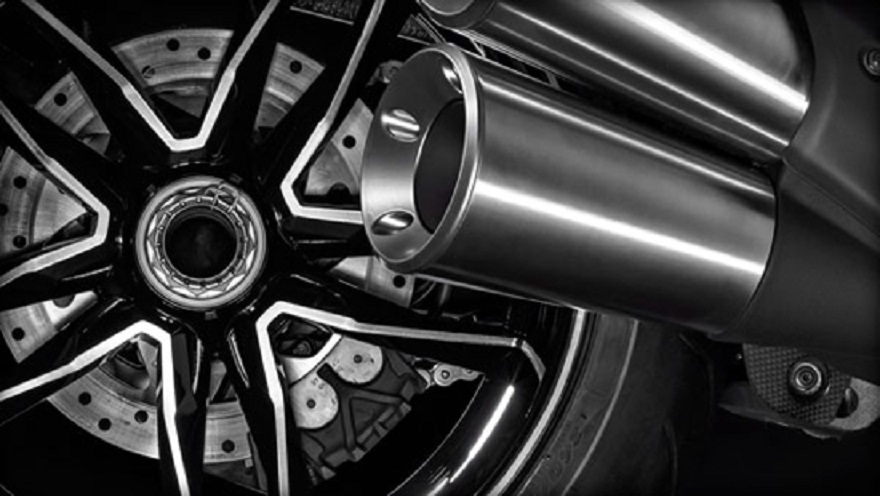3 Types of Titanium Alloys & Their Uses

3 Types of Titanium Alloys & Their Uses
Titanium is an allotrope with a melting point of 1668 ° C. When it is lower than 882 ° C, it has a close-packed hexagonal lattice structure and is called α titanium; above 882 ° C, it has a body-centered cubic lattice structure and is called β titanium. Using the different characteristics of the above two structures of titanium, people add appropriate alloying elements to gradually change the phase transition temperature and phase content to obtain titanium alloys with different structures.

Titanium Alloys
At room temperature, titanium alloys have three matrix structures, and titanium alloys are divided into the following three categories: α alloys, (α + β) alloys, and β alloys.
1. α Titanium Alloys
It is a single-phase alloy composed of α-phase solid solution. Whether it is at room temperature or at a higher practical application temperature, it is α-phase, with a stable structure, higher wear resistance than pure titanium, and strong oxidation resistance.
At a temperature of 500 ℃ ~ 600 ℃, it still maintains its strength and creep resistance, but can not be strengthened by heat treatment, and the strength at room temperature is not high.
2. β Titanium Alloys
It is a single-phase alloy composed of a β-phase solid solution, which already has high strength before heat treatment. After quenching and aging, the alloy is further strengthened, and the room temperature strength can reach 1372 ~ 1666 MPa. However, its thermal stability is poor, so it is not suitable for use at high temperatures.
3. ( α + β)Titanium Alloys
It is a two-phase alloy with good comprehensive properties, good structural stability, good toughness, good plasticity, and high-temperature deformation properties, which can be processed by hot pressure, quenched, and aged to strengthen the alloy.
The strength after heat treatment is about 50% to 100% higher than that of the annealed state. This alloy has high high-temperature strength and can work for a long time at a temperature of 400 ° C to 500 ° C, and its thermal stability is inferior to that of α titanium alloy.
Among the 3 types of titanium alloys we mentioned above, the most commonly used are α titanium alloy and α + β titanium alloy; α titanium alloy has the best machinability, followed by α + β titanium alloy, and β titanium alloy is the worst.
4. The Uses of Titanium Alloys
Titanium alloy has the advantages of high strength, small density, good mechanical properties, good toughness, and corrosion resistance.
Titanium alloy is mainly used to make aircraft engine compressor components, followed by rocket, missile, and high-speed aircraft structural parts.
Titanium alloy is a new and important structural material used in the aerospace industry. Its specific gravity, strength, and service temperature are between aluminum and steel, but it is stronger than aluminum and steel and has excellent seawater corrosion resistance and ultra-low temperature performance.

Uses of Titanium Alloys
The application of titanium alloy in the spacecraft field mainly utilizes the high specific strength, corrosion resistance, and low-temperature resistance of titanium alloy to manufacture various pressure vessels, fuel tanks, fasteners, instrument straps, frames, and rocket shells. The artificial Earth satellite, manned spacecraft, and space shuttle also use titanium alloy plate welded parts.
Conclusion
Thank you for reading our articles, hoping this article can let you have a better understanding of the types of titanium alloys and their uses. If you want to know more about titanium alloy or other refractory metals, you can visit Advanced Refractory Metals (ARM) for more information.
Headquartered in Lake Forest, California, ARM is a leading manufacturer & supplier of refractory metals like tungsten, molybdenum, tantalum, rhenium, titanium, and zirconium. We provide our customers with high-quality refractory metal products at a very competitive price.
{{item.content}}
LEVE A REPLY
{{item.children[0].content}}
{{item.content}}






